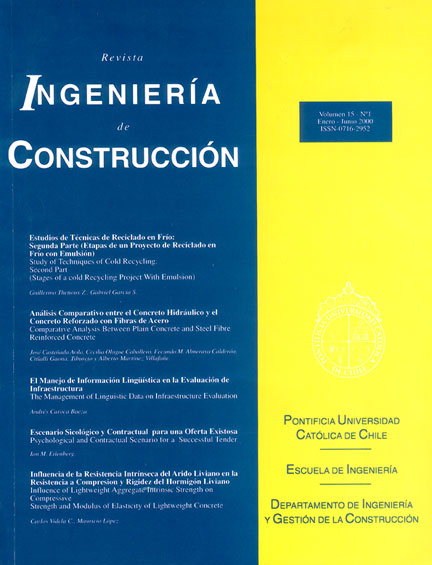The Management of Linguistic Data on Infrastructure Evaluation
Keywords:
Infrastructure assessment, Pavement condition, Fuzzy numbers, Uncertainty, Linguistic termsAbstract
The pavement evaluation within a transportation organisation is generally developed by experienced pavement engineers. Such technical experts use their knowledge, experience and judgment to evaluate pavement condition. Investment decisions are often made on limited amount of data which are invariably not detail in nature. Knowledge utilized in preliminary engineering is subjective, symbolic in nature, and the evaluation of the actual infrastructure condition is usually based on a visual assesment done using terms and expresions describing the observed sympthoms. Because of these reasons there is a need to formalize the knowledge, experience and thought process used in infrastruture pre-evaluation, to be able to estimate and prioritize maintenance need. This paper analyse the applicability of fuzzy sets, to help in the evaluation of a global pavement condition, using as a source of information linguistics terms describing the observed symthoms. Based on the theory of fuzzy sets, linguistic values of deterioration are represented by membership functions which can be quantified by capturing the knowledge of maintenance experts. Thus the global damage condition of a pavement could be obtained by means of the calculation of a weighted average of fuzzy numbers and subsequent linguistic approach.


